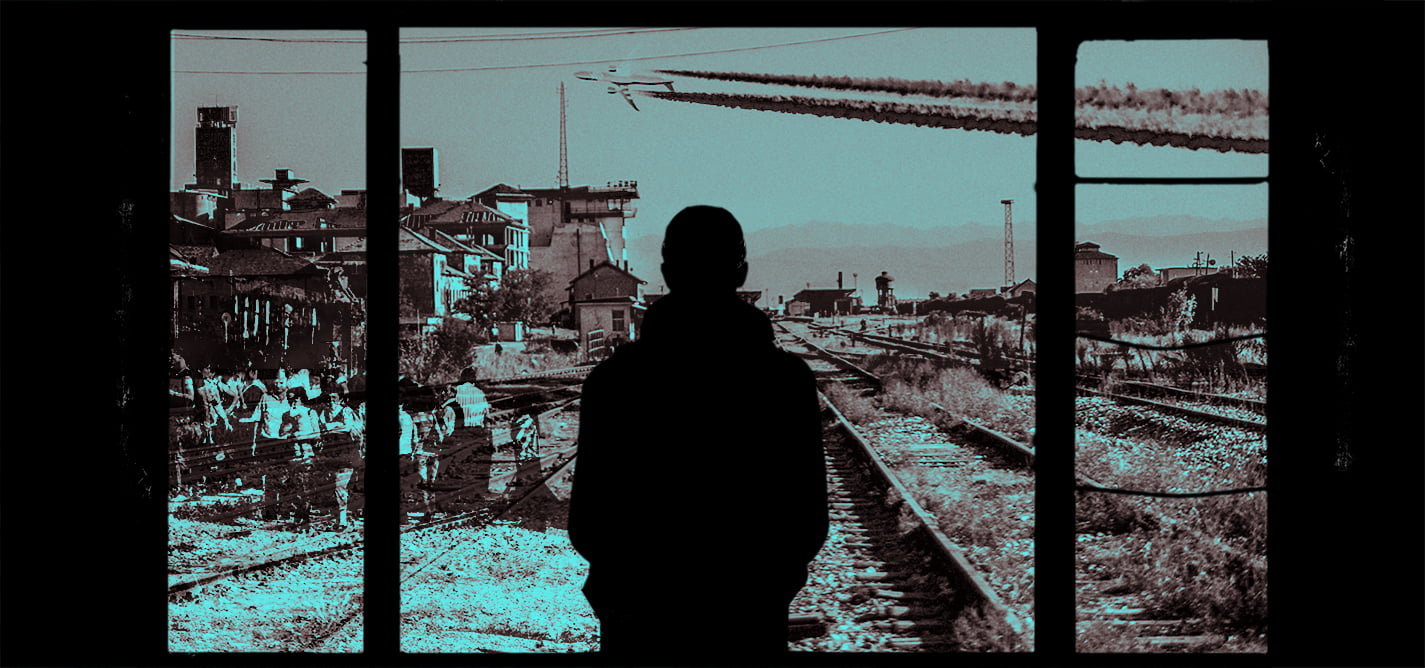
Kosovo, March 1999 — A Memory
Personal experiences from the war.
|24.03.2019
|
Life was simple, I was happy. But all of this changed when my brothers introduced me to Adem Jashari.
The silence was eerie. No one looked up. I had never before witnessed a queue in the Balkans as quiet or as orderly as that one.
A baby, wrapped tightly in a bundle, rose on arms that carried it above the crowd of heads. But the train drew away, her arms kept waving, and the baby stayed with us on the platform.
I moved from the aisle seat to the middle seat, then to the window seat when hands grabbed me again and I ended up in the luggage rack.

Hasan Rrahmani
Hasan Rrahmani is a journalist on The Listening Post programme at Al Jazeera English.
This story was originally written in English.